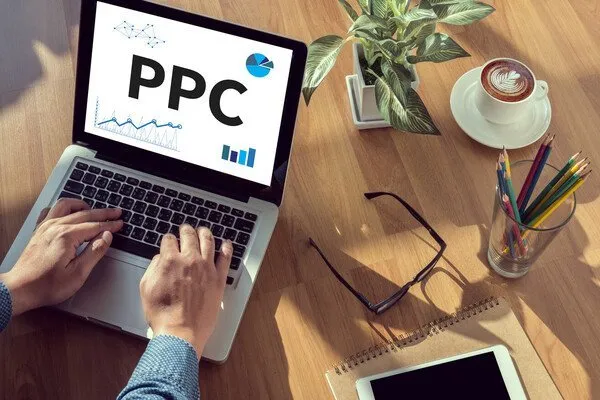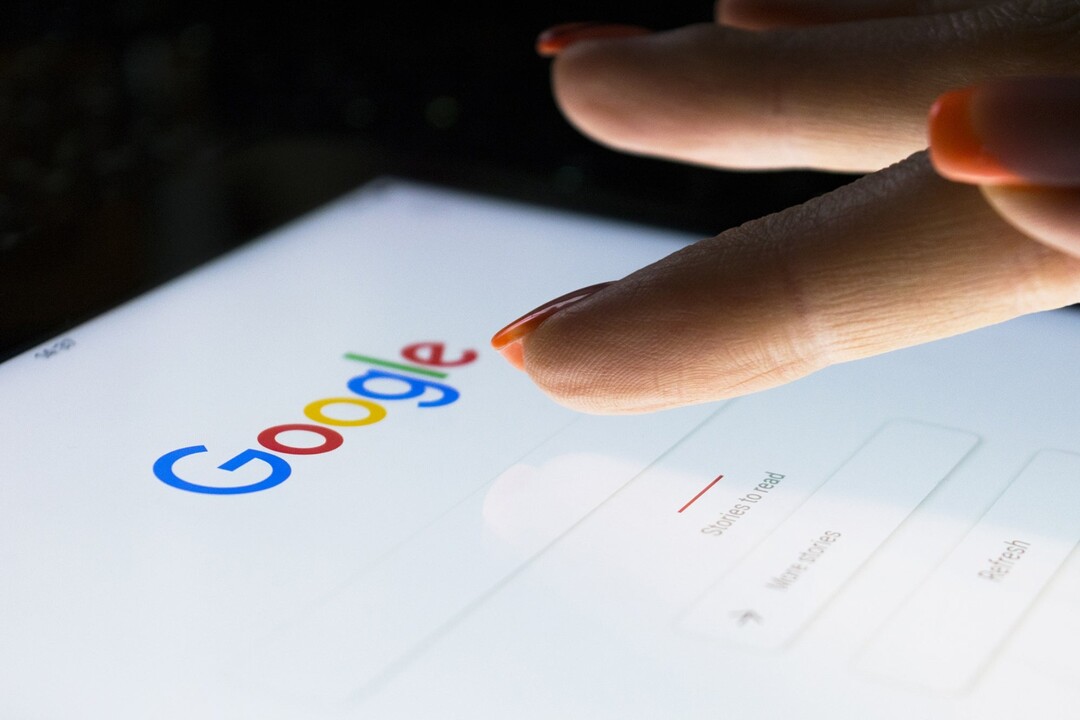
Pay-Per-Click (PPC) advertising is evolving rapidly, and Miami businesses must adapt to emerging trends to maximize their ad spend. With automation, AI-driven bidding, and changing consumer behaviors, the future of PPC is all about personalization and efficiency. As the digital landscape shifts, understanding these trends will be essential for businesses looking to stay competitive in an increasingly crowded advertising space.
Emerging Trends in PPC Advertising
PPC advertising is no longer just about keyword bidding; it’s now driven by automation, AI, and audience segmentation. Automated bidding strategies are taking over manual adjustments, allowing AI to optimize ad placement and budget allocation in real-time. Google Ads and other platforms are prioritizing AI-generated ad copy, dynamically adjusting headlines and descriptions based on user behavior. Privacy concerns and data protection laws are driving a shift toward first-party data collection, meaning businesses must rely more on customer insights rather than third-party cookies for targeting.
Another key trend is the increasing role of predictive analytics. AI-driven PPC campaigns analyze past performance data and consumer behavior patterns to anticipate which ads will yield the best conversions. This results in smarter bidding strategies that maximize return on investment. As machine learning continues to refine these processes, businesses can reduce wasteful ad spending and ensure their ads reach the most relevant audiences.
Adapting to AI-Driven PPC Campaigns
Miami businesses must embrace AI-driven PPC strategies to remain competitive. One major adjustment is transitioning from manual bidding to automated bidding strategies, allowing AI to analyze real-time data and adjust bids accordingly. Advertisers should also focus on crafting dynamic ad content that adapts based on user intent, ensuring the right message reaches the right audience at the right time.
To enhance ad performance, leveraging AI-powered audience segmentation tools will help businesses target customers with precision. Instead of broad targeting, PPC campaigns should focus on behavioral data, interests, and purchasing history to create hyper-personalized ads. Additionally, utilizing AI-powered chatbots within ad funnels can improve engagement and increase conversion rates by providing instant responses to customer inquiries.
The Impact of Privacy Changes on PPC Advertising
With Google phasing out third-party cookies and stricter data privacy regulations in place, PPC advertisers must rethink their targeting strategies. The emphasis is now on first-party data collection through email sign-ups, loyalty programs, and interactive content like quizzes or polls. Businesses should encourage direct customer engagement to build a database of valuable leads that can be used for retargeting.
One significant shift is the growing reliance on contextual targeting. Instead of tracking user behavior across different websites, advertisers are focusing on placing ads in relevant contexts. For example, a Miami-based fitness brand may run PPC ads on health and wellness blogs rather than relying on cookie-based tracking.
Expanding PPC Campaigns Beyond Google Ads
While Google Ads remains the dominant PPC platform, businesses in Miami should diversify their ad strategies across multiple platforms. Social media platforms like Facebook, Instagram, LinkedIn, and TikTok offer advanced PPC advertising solutions tailored to specific audiences. Video-based PPC campaigns on YouTube and streaming services are also becoming increasingly popular, with high engagement rates.
Omnichannel marketing ensures consistent messaging across different platforms, allowing businesses to reach potential customers wherever they spend their time online. Advertisers should test different platforms and adjust their budgets accordingly to determine which channels provide the highest ROI.
Conclusion:
As PPC advertising continues to evolve, Miami businesses should leverage automation, AI, and first-party data strategies to drive higher conversions and maximize return on investment. The shift toward AI-driven ad campaigns, privacy-focused targeting, and omnichannel marketing strategies requires advertisers to be more adaptable than ever. Staying ahead of these trends will ensure businesses can optimize their PPC campaigns and maintain a competitive edge in the digital marketing landscape.

